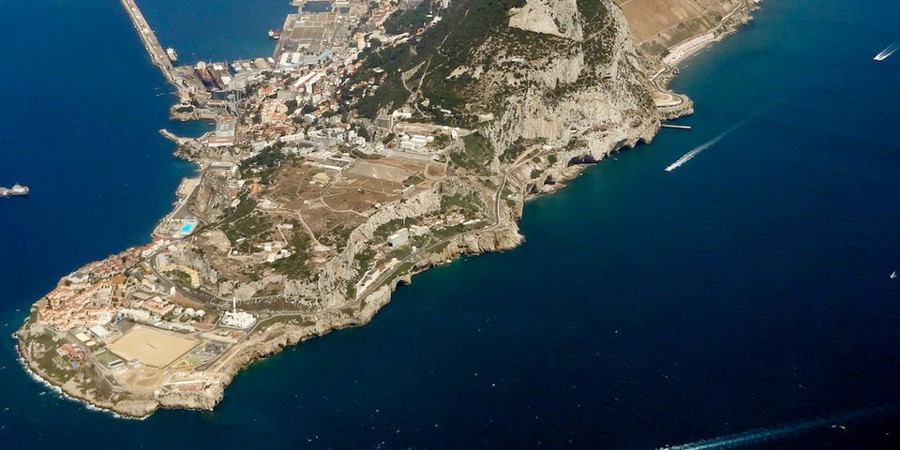A foreign policy betrayal in plain sight
In a move cloaked in diplomacy but brimming with compromise, the UK government has surrendered a vital piece of sovereignty – not just for Gibraltar, but as a warning signal for the broader future of British autonomy.
The recently announced Gibraltar post-Brexit agreement, which hands Spain the authority to inspect goods entering the British Overseas Territory, is not a trade facilitation deal. It is a capitulation.
Let’s be clear: this is a foreign policy betrayal. The UK has agreed that all goods bound for Gibraltar will now be subject to Spanish checks, carried out at the port of Algeciras and customs points near the land border. Gibraltar’s airport will be shut to cargo almost entirely. These are not technical adjustments. They are the effective outsourcing of border control to a foreign power – one that still lays claim to the territory itself.
Trading control for convenience
In exchange for the removal of physical border controls for people, the UK has accepted a system in which an EU member state – Spain – holds veto power over what enters a British territory. Under the guise of easing cross-border movement, Britain has permitted a historic reversal of control over Gibraltar’s flow of goods.
Even more concerning is the mandated rise in Gibraltar’s sales tax from 3% to at least 15% to align with European VAT levels. This is not regulatory alignment by choice. It is a condition imposed by a neighbouring state – again, one that disputes Gibraltar’s sovereignty. What is the precedent here? That if a British territory wants free movement with a bordering EU country, it must harmonise tax policy and submit to foreign customs regimes?
A strategic wedge in UK unity
Gibraltar is no ordinary piece of land. It is a strategic stronghold, a naval gateway to the Mediterranean, and home to 34,000 British citizens who have overwhelmingly expressed their desire to remain under British rule. The symbolism of ceding any functional control to Spain, even for “practical” reasons, is a diplomatic own-goal with long-term implications. The moment foreign customs dictate what enters your territory, the sovereignty you claim becomes increasingly theoretical.
What is being sold here is not just Gibraltar’s economic independence – it is the foundational principle that British territories are governed and protected by Britain alone. This sets a dangerous precedent not just for Gibraltar, but potentially for other overseas territories and even devolved parts of the UK, whose economic futures may now be haggled over for the sake of “resetting relations.”
The illusion of pragmatism
The government may argue that this deal is pragmatic – that it removes barriers, stabilises relations with Spain, and keeps the peace. But at what cost? Convenience cannot be the measure of sovereignty. The acceptance of foreign jurisdiction over goods and taxes in British land erodes the very notion of post-Brexit independence that was promised to Gibraltar and to the UK electorate.
Sir Keir Starmer has hailed the agreement as a diplomatic success. Others may see it as the thin end of a very sharp wedge. The real cost is not counted in trucks or taxes, but in autonomy surrendered and future leverage lost.
A step towards integration, not independence
This deal nudges Gibraltar closer to the orbit of the EU, not further from it. And while the UK Parliament may still wave the Union Jack, this is a sign that economic pressure from Europe can and will dictate the terms of Britain’s engagement – piece by piece, port by port.
Gibraltar is the latest foothold. What comes next?



